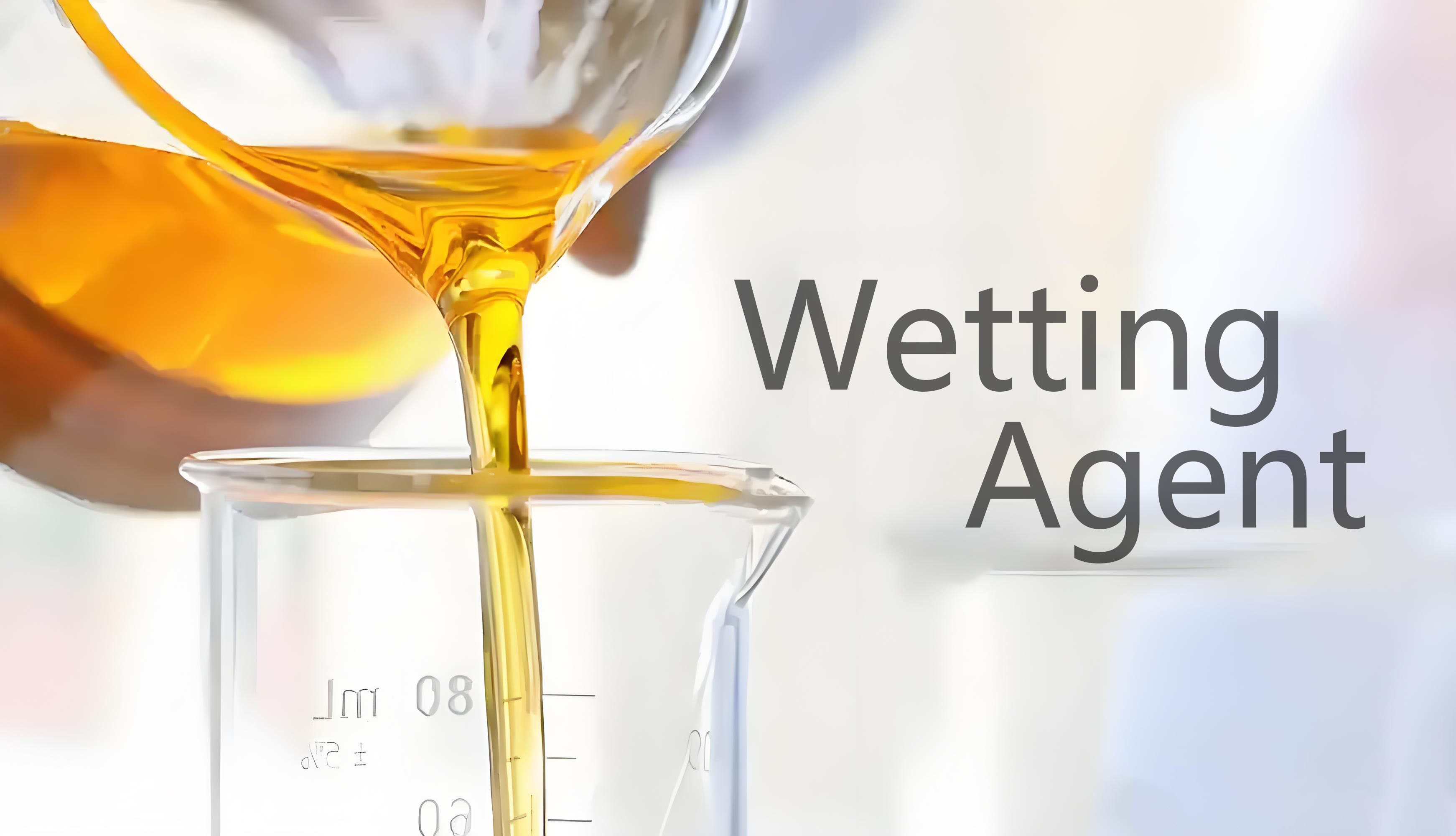Wetting agents, as an important branch of surfactants, play a pivotal role in both industrial production and environmental protection. By primarily reducing the surface tension of liquids, wetting agents significantly enhance their spreading ability on solid surfaces, thereby improving efficiency or achieving environmentally friendly goals. This characteristic makes them indispensable auxiliaries in fields such as coatings, textiles, and electronic cleaning.
The primary advantage of wetting agents lies in their ability to effectively enhance process efficiency. In the coatings industry, the addition of 0.1%-0.5% wetting agents can eliminate defects such as shrinkage cavities and orange peel, reduce rework costs, and minimize material waste.
With the advancement of science and technology, some silicone-based wetting agents exhibit multifunctional synergistic effects, combining functions such as defoaming and leveling, simplifying formula design. They have a degradability rate of over 90%. Moreover, water-based system wetting agents aid in VOC emission reduction in the coatings industry, meeting the requirements of green environmental laws and regulations.
From industrial efficiency to environmental breakthroughs, the development of wetting agents follows an inevitable path. The history of wetting agent development also reflects the interplay between industrial civilization and ecological responsibility. In the future, efficiency and environmental protection will continue to be topics that require our attention. Efficiency and sustainable development are also issues that every manufacturing industry faces. Enterprises need to find a dynamic balance within the triangle of "efficiency-cost-sustainability" to win the technological high ground.


 English
English
 Chinese
Chinese Vietnamese
Vietnamese
 HOME
HOME
 PRODUCT
PRODUCT
 NEWS
NEWS
 CONTACT
CONTACT


